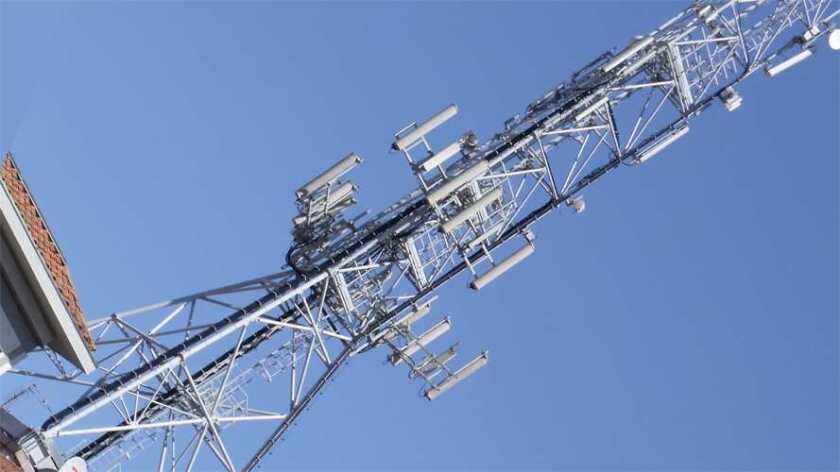The network sharing partnership will include fibre backhaul and they might put their 22,000 towers they own between them into a single company. TIM’s towers are run by a separate subsidiary, Inwit.
Vodafone and TIM already have a passive sharing deal, covering 45% of their towers, that would be expanded for this new relationship.
Vodafone Italia CEO Aldo Bisio said: “This partnership will allow us to generate significant benefits for our customers and other stakeholders, who will be able to enjoy the best 5G experience, made available in a shorter period of time and across a wider geographical area.”
TIM CEO Luigi Gubitosi agreed. “This partnership will allow our customers to enter the 5G revolution faster and deeper, while at the same time making the best use of both companies’ resources,” he said.
Bisio added: “5G represents a technological breakthrough that will have a profound impact on society, and that requires investment, efficiency and a rapid rollout. This has led us to broaden the scope of our existing successful partnership.”
Gubitosi said: “We believe that network sharing is key to do more, efficiently and better for the benefit of our clients and all stakeholders, in view of the process of change that will be triggered by the launch of 5G in the years to come and that will be paramount for the development and digitalisation of our country.”
For the active sharing project, Vodafone and TIM said they plan to enter into an agreement that would enable them to jointly roll out 5G infrastructure.
However, in “certain larger cities … each party may wish to retain strategic flexibility and ensure that they are able to meet the needs of their respective customers”.
Sharing existing 4G networks will “support 5G active network sharing”, they said, but “may also generate further efficiencies”. They will “upgrade their respective mobile transmission networks, adding higher capacity optical fibre cables”, the companies added. “This would enable customers to benefit from 5G’s new features, such as faster speeds and low latency, as well as provide both companies with greater economies of scale.”
The tower deal is likely to see a combination of Vodafone’s passive tower infrastructure with the infrastructure of Inwit, the 60%-owned and publicly listed tower subsidiary of TIM. Vodafone and TIM would have “equal shareholdings and governance rights in Inwit”.
In the longer term, the two companies would move their services off other companies’ towers where possible on to the expanded Inwit towers.
Vodafone and TIM said they “aim to conclude one or more of the initiatives during 2019”.






